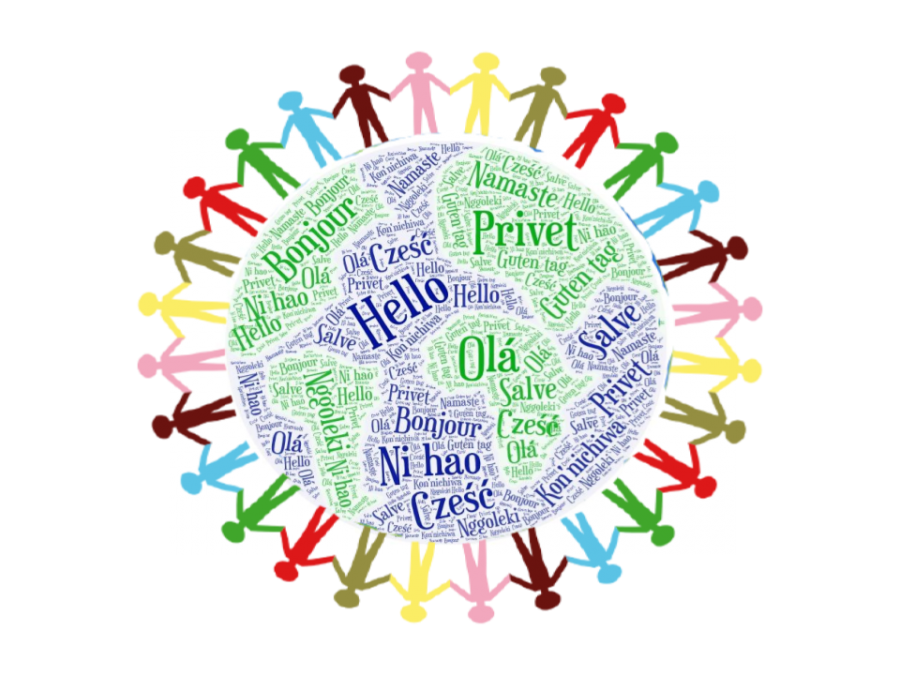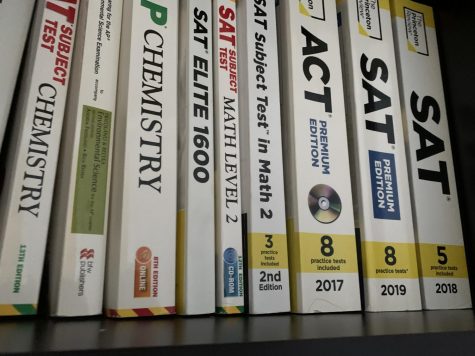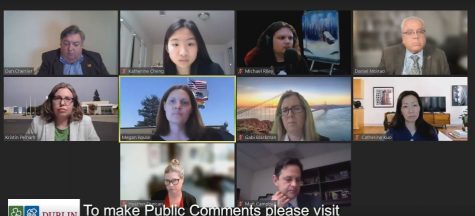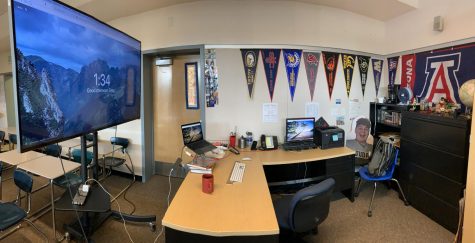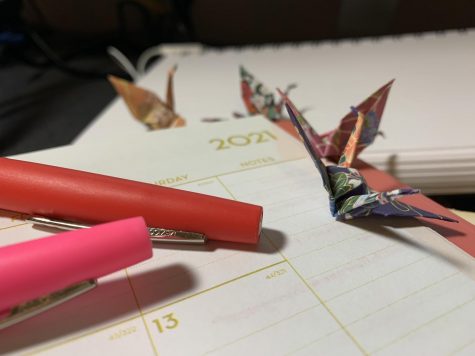Learning a new language – surprisingly easy?
Is there any way to connect with millions across the world, discover a new purpose, and join a warm and comforting community? Now, you’d most likely be thinking, ‘pshaw, that’s impossible!’
You’d be surprised to discover otherwise.
A tool of expression, imagination, and emotional release, language is one of the most important inventions of civilization. Rooted in human society for tens of thousands of years, it is an ever-developing science, an amalgamation of thousands of different cultures.
Now, you’re probably asking, ‘but why do other languages even matter, especially if I already know one?’
In the modern-day, human society has preserved almost 6,500 distinct languages. Each language, equally diverse and important, holds records of thousands of histories and traditions. “A different language is a different view of life”, Rita Mae Brown, a civil rights activist and writer, describes. Whether it is learning Dumi, one of the rarest languages, or English, one of the most widely used languages, vernacular diversity has and will continue to be a major factor in maintaining a harmonious world.
All the better, learning a language itself can be a fun and exciting prospect. Manu Korupolu, a DHS sophomore investing his time in studying Japanese and Spanish, shares that the purpose of language is “to be able to communicate with many different people, [being able to] make friends all over the world”. To him, the simple “knowledge of another race’s culture” is spellbinding and gratifying, motivating him to learn languages just “because it’s fun”. An avid enthusiast of language himself, Korupolu communicates the three tenets of many learners: the ability to understand foreign cultures, join welcoming communities, and partake in a fun experience!
But then, the issue remains, ‘isn’t it too hard to learn languages?’ Debatable. Learning a language is based on two factors: mindset and resource utilization.
For starters, a person’s mindset is integral in choosing to learn a language. Learning a language is a rather simple process, with many proficient learners spending only 10 to 15 minutes a day studying. For reference, if you spent even 0.01% of your time every day working on a language, it’s possible to master it within a couple of years. Although simple, by setting aside a few minutes every day, anyone can develop a valuable skill and improve their mentality.
Moreover, people cut languages as tougher cookies than reality proves them to be. Especially in the current digital age, many sites possess straightforward and comprehensive learning programs. One Japanese learning site, WaniKani, supports a “hand-picked and cleverly ordered” system, effortlessly allowing learners to develop extensive knowledge within a year and a half of study. Others, such as the far reputed Duolingo, quote similar claims. At its core, learning a language is all about finding what fits best for your mindset. With the resources students today have available, the supposedly complex process of learning is the least of a learner’s difficulties.
As a graduation requirement, students of Dublin High are required to take a language course during their first few years of high school. To some, this environment is healthy and exciting, allowing them to easily succeed. However, to others, the indicated environment is stifling and suppressive, eating away at any interest in learning languages. Whether in the latter or the former, the joy of learning a new language is not limited to what you have experienced in a regulated environment. Self-learning itself can be a delightful experience, for both you and your inner explorer!
Your donation will support the student journalists of Dublin High School. Your contribution will allow us to purchase equipment and cover our annual website hosting costs.

Pranav Thurgam is a junior at DHS, and this year's Entertainment Editor. As a certified bookaholic, his time is often occupied by the reading, re-reading,...

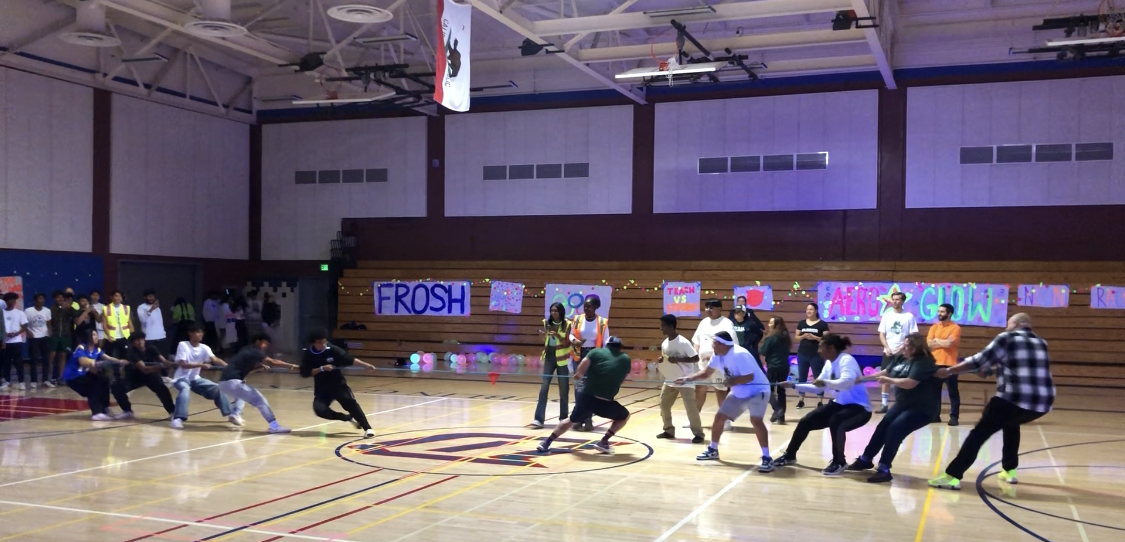

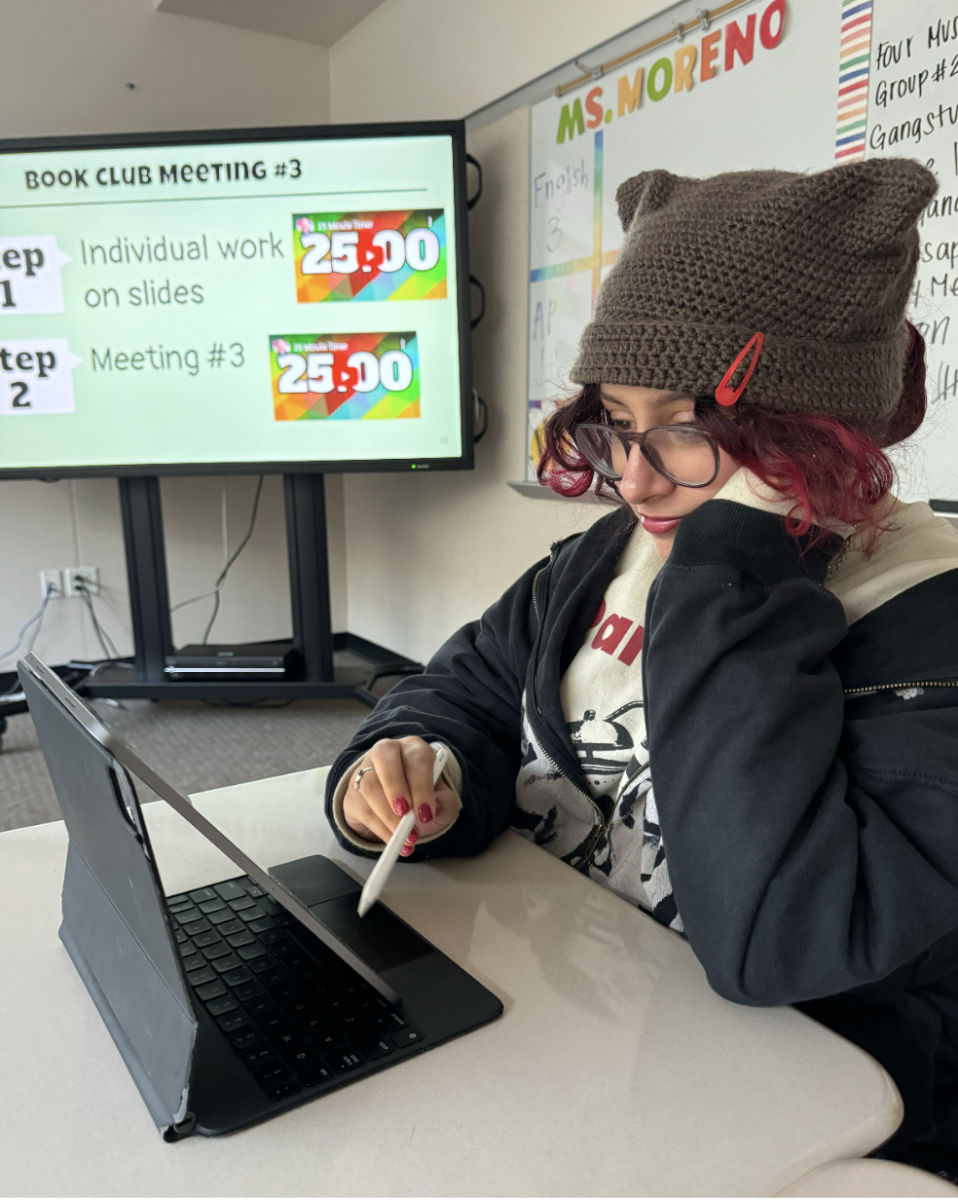
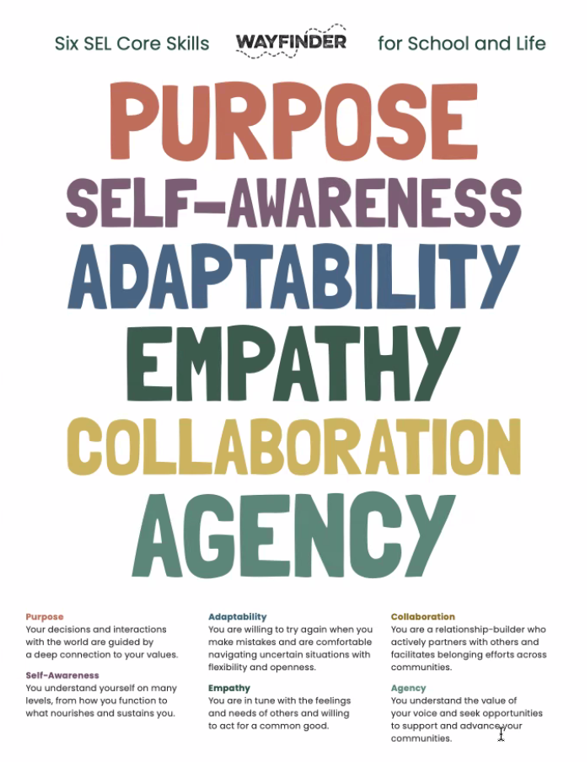
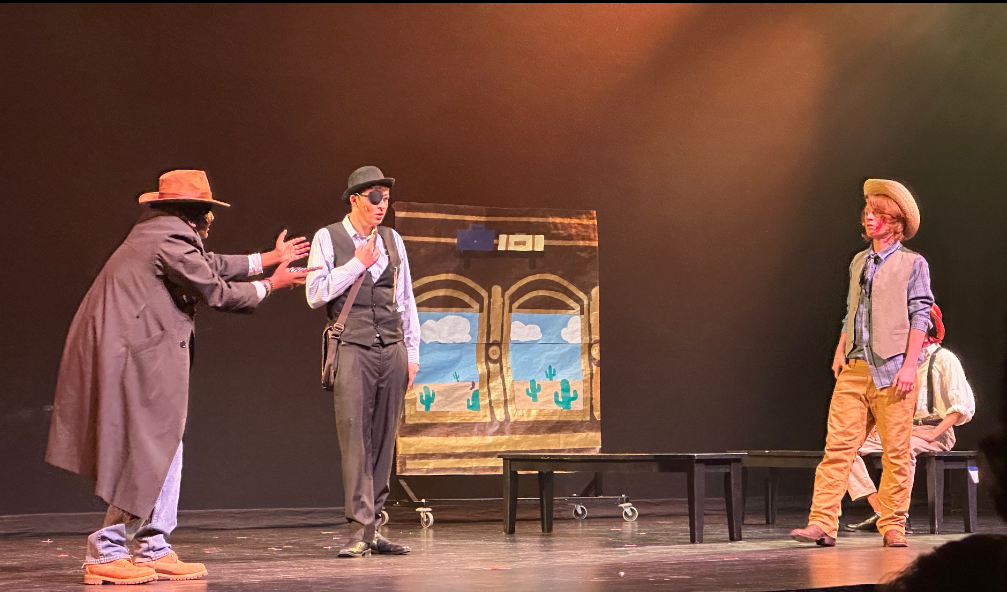


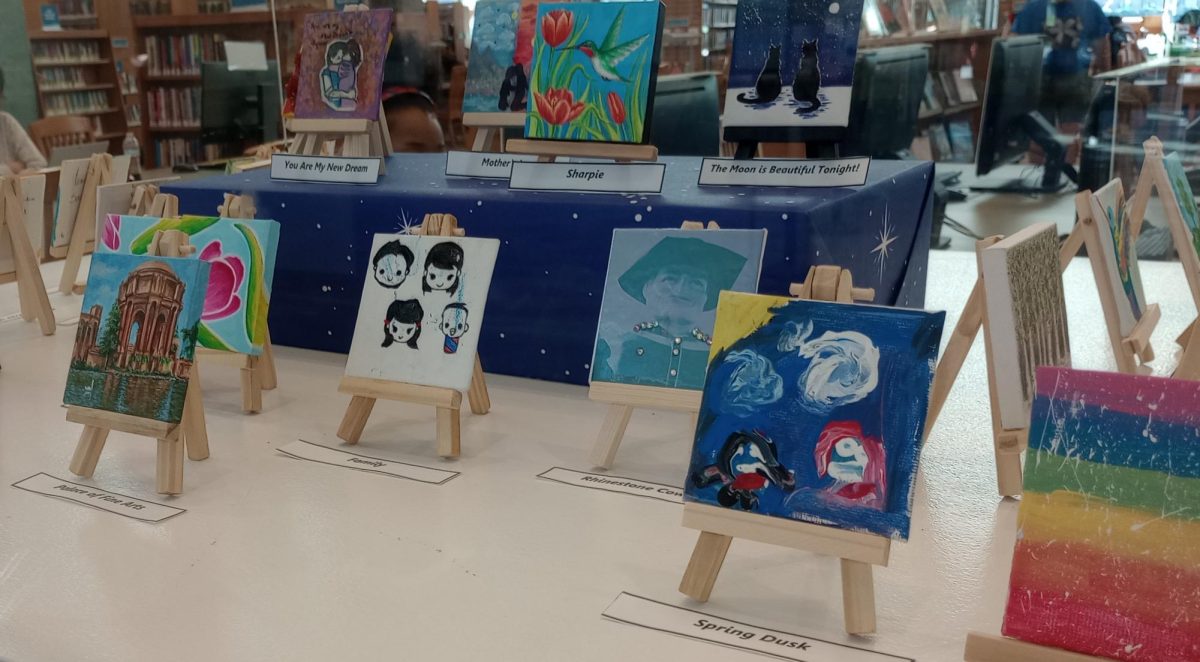
![[Book Review] Weapons of Math Destruction: The insidious danger of Big Data](https://thedublinshield.com/wp-content/uploads/2024/06/wmdsarticle-727x1200.jpg)















